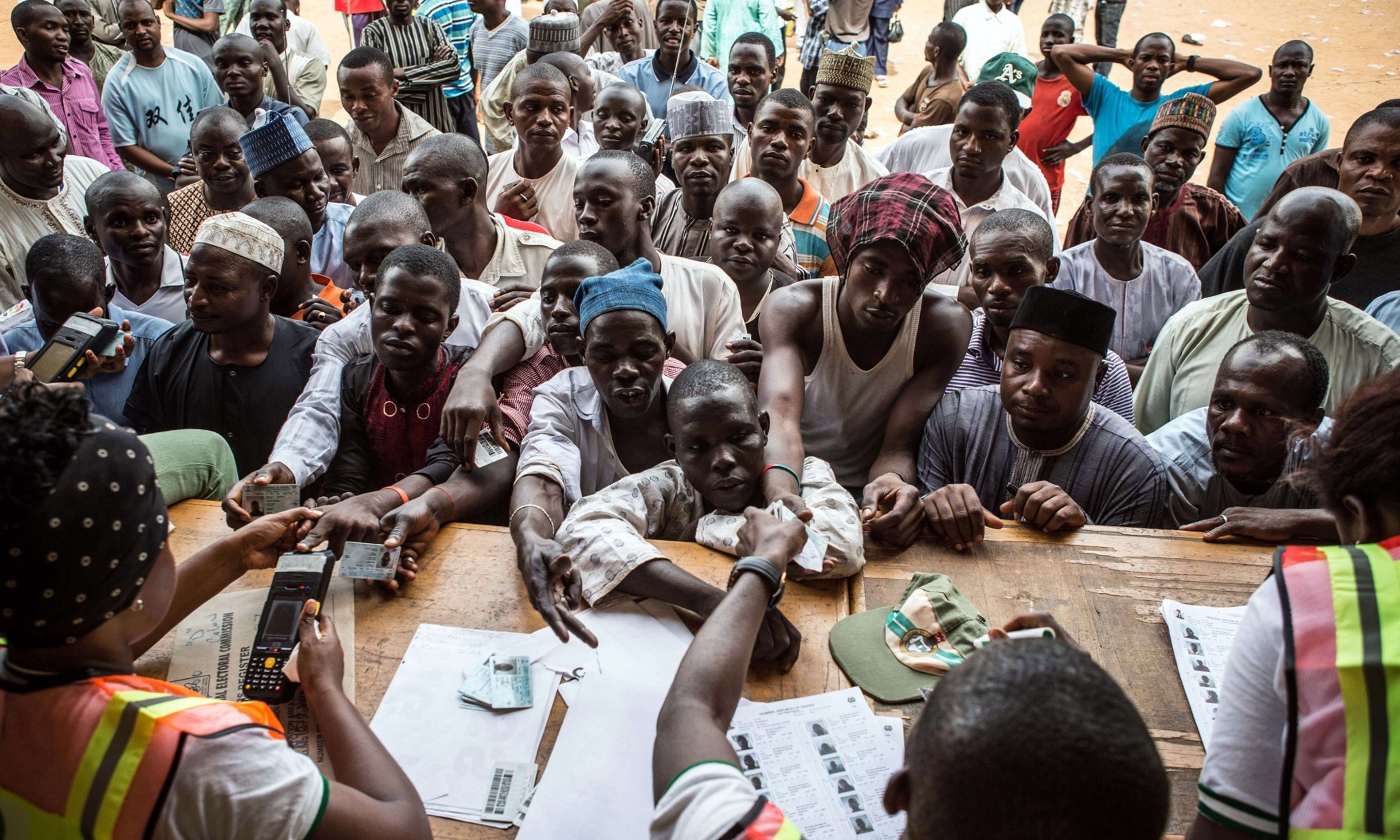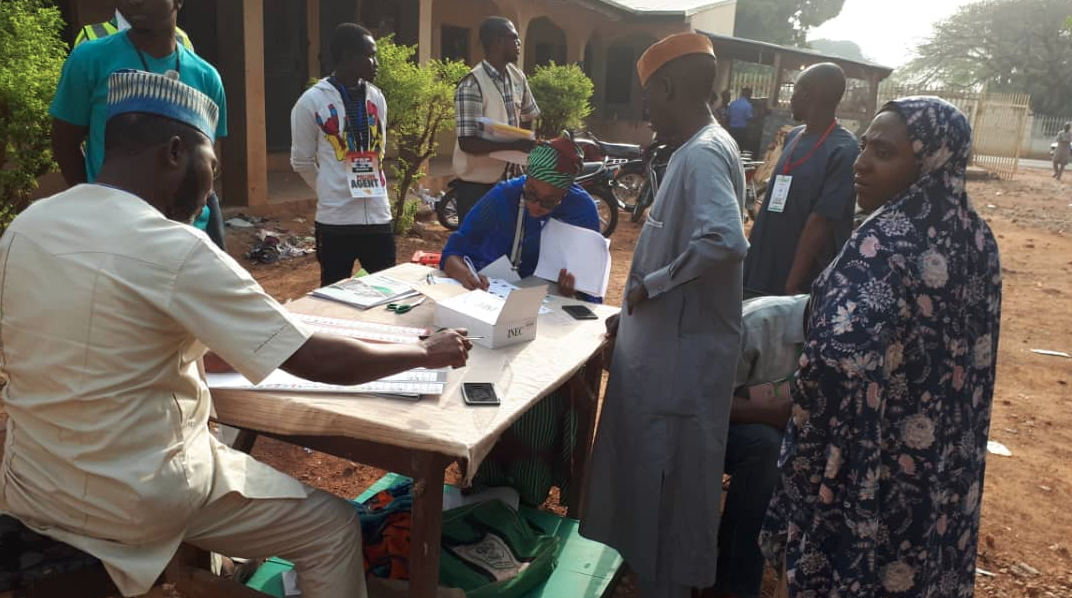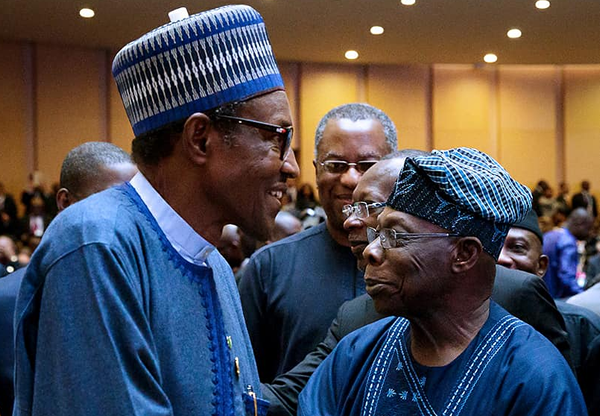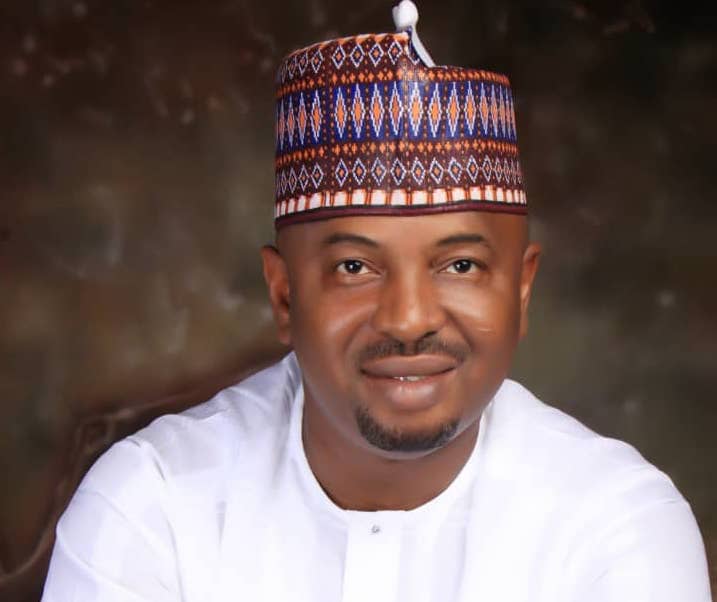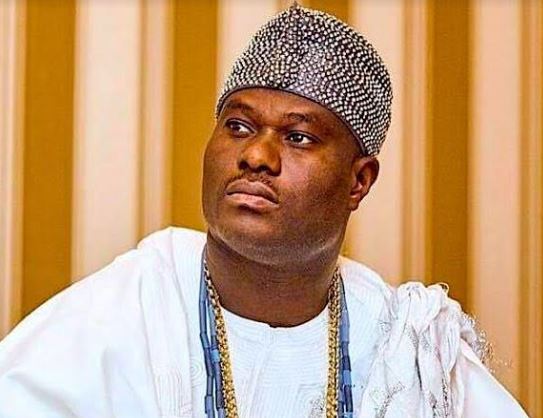BY ADEMOLA O. FASHIKU
I know I shouldn’t encourage your tendency towards cynicism, but this is one instance where an exception would be permissible. If you felt that the upcoming elections present a Hobson’s choice of sorts, I understand. If your inclination were towards apathy about the whole process, you wouldn’t be at fault either. Afterall, to a neutral but conscientious observer, elections – for all the fanfare that accompanies them – may be nothing more than a quadrennial ritual, full of sound and fury signifying nothing.
In Nigeria, we have gone through many supposedly landmark election cycles – which sometimes left carnage in their wake – only to see the status quo entrenched. In the usual fashion, with successive governments, it appears the more things change, the more they remain the same despite promises and pretensions at addressing the woes of the nation. The only infinite constant in our political odyssey as a nation remains the unlimited capacity of the politicians and the marabouts of the system to change their political stripes and associations according to the shifting sands of political convenience.In such a system where personal interest appears to be the singular organizing principle, what hope is there for the common man? How can a nation survive, much less progress, in the absence of an overarching vision and lack of any moral compunction amongst its ruling class and peoples?
We don’t need to look very far to understand our predicament; when we went to the polls in 2015, we successfully booted out a ruling party from power due to widespread perception of their poor stewardship after 16 unbroken years of dominating the political landscape. The stage was seemingly set for the hitherto “progressive” oppositionthat had campaigned and won on a mandate of change, on assuming office, to reverse the decline via its reform agenda. Four years on, what have we got? The same challenges remain or might have even worsened. Whether you look at security, corruption, economic diversification and sustainability (including the fuel subsidy regime and foreign/domestic debt profile), ethno – regional tensions and flashpoints etc., by what parameters have the lives of the average Nigerian improved if we applied the basic indices of human capital development? Yet those who have not even successfully tackled the pre-existing challenges they so vigorously campaigned to resolve – making highfalutin promises –are promising to take us to the “Next Level”. The previous stewards who wrecked the house are promising to clean up the mess of their successors and likely predecessors to “Get Nigeria Working Again”.
Advertisement
If we could establish a consensus that the present administration has not been as successful as we wanted it to be, or it had the potential to be, what options are there as we head to the polls for the 2019 elections? Has the APC government under Muhammadu Buhari done modestly well enough to guarantee a second term? If not, based on past antecedents, is it wise to return the PDP to power so soon after their initial 16 disastrous years that precipitated the mess the APC inherited? As a matter of fact, is there a difference between the APC and the PDP today considering the migratory tendencies of the political class?
One inescapable fact, however, is that whether it is APC/Buhari or PDP/Atiku that prevails in the next election, we are still not going to see any meaningful progress in the shape and manner that this country so desperately needs. Don’t take my word for it – just look at the actions and utterances of these folks to date and you can assess what the likely outcome will be. My humble submission is that the old guard cannot be relied on to alter the status quo. Theirs is an entire generation that has squandered countless opportunities to position the nation for greatness whilst they played musical chairs of politics around our collective destiny and prosperity. I do not expect septuagenarians to accomplish, when they are grey and bent, what they failed to do in their youth when they should have had the vigourand opportunity.
The downside for the forthcoming elections perhaps is that there is no credible alternative to challenge the old guard and rip up the status quo. Indeed, there are severalcandidates running on the progressive platform; they are saying the right things mainly on Social Media, but I beg to state that it all merely amounts to happy talk. Although the message is right, the plurality of messengers dilutes the reach and potencywhilst the absence of any recognisable, solid political structure behind the message exposes the disconnect of their high ambitions from political reality. Why am I taking such a dim view? Majority of these candidates are technocrats and activists with little to no political experience. The parties on whose platforms they are running were literally speaking formed “yesterday” within the context of the democratic experience of our Fourth Republic. How can these political “Johnny – Come – Latelies” challenge the parties that have dominated the landscape over the past two decades on a national scale? There is clearly a mismatch here. I know there is an aspirational, romantic value to the ideals they represent but the movement is not yet primed to seize its moment. A lot more work needs to be done.
Advertisement
First and foremost, in the world of political reality, it would take more than two years for the various flavors and tribes of progressive movements to coalesce in strategy, messaging and geographical spread and emerge into a credible alternative force with a decent shot at mounting a challenge for the Presidency. The legwork that is required in building a national structureacross the six geopolitical zones, message fitting, fundraising, candidate recruitment and training at all levels is not the kind of stuff that can be done effectively within a year or barely months to a national election as we have seen happening. So, in terms of time and organizational structure, the progressive insurgency is already doomed to fail. For example, barely weeks to an election as at the time of this writing, they are still haggling over forming coalitions and who would/should step down for the other. So much for visionary leadership and technocratic savvy. The best time, latest, to have concluded all these arrangements was two years ago. The next best time for the future elections is now.
Secondly, even for the sake of argument, were any of these candidates to win the Presidential election by freak chance, how do they hope to implement their programme without the necessary political structure from the grassroots? Without a majority in the National Assembly, for instance, how will they get legislation passed or appointments confirmed? Even the APC with a current majority has had a torrid time of it for obvious reasons not to mention political upstarts trying to bend denizens of the status quo to their will. You see the problem here is that for generations we have been fixated on the idea that everything we need to progress and develop must come from the government at the center. In reality, however, change and progress should happen organically from the grassroots. How the progressives have not been able to figure this out beggars belief. So, this is a clarion call for a redirection and reorientation. If 2019 represents a missed opportunity, we can begin to prepare to seize the moment with effect from 2023 and beyond.
Where do we go from here? The momentum need not be lost. I believe there is a certain value to the heightened consciousness amongst a slice of the population that these candidates have brought with their message. In a way they have raised the bar on the quality of leadership and discourse that we should expect in our politics and they deserve kudos for that. The real deal however is to marry hardcore political organizing and strategy with the fluffy intellectual stuff. Means must be devised to ensure that the message travels deeper and further,beyond the echo chambers of Social Media, down to the grassroots – the market women, artisans, ill-informed and unaware common folk that reside in the rural areas who coincidentally comprise an outsized majority of the electorate. The kind of sea change that we need in our politics cannot be achieved in one election cycle and definitely not based on a single individual’s messianic posturing. We have seen that movie several times over, it is time to smell the coffee and wake up.
I believe that truly progressive and dynamic change is possible in Nigeria. To make it happen, well-meaning and suitably qualified persons need to come together and begin to do the work starting from now. Let us have a new coalition of progressives morphing into truly democratic and ideology based political parties. When the parties are formed, either from the ones currently existing or yet to emerge, let them concentrate on building and consolidating their structures and presence from the grassroots with a deliberate plan and process for winning seats in incremental proportions from the Local Government chairmanships and Councils, to State Houses of Assembly and Governorships. With the momentum of these incremental victories, efforts can be made toward higher office which will eventually come with time. It may be quick, and it may be gradual, but with doggedness and commitment victory will surely come. I do not believe it is practical or intelligent to make a lunge for the Presidency at a Party’s first outing nor is it feasible to build a critical mass of support for an effective mandate based on one election cycle. That is why we’ve had mushroom political parties that wilt and fade based on dismal electoral fortunes. This is the most urgent task of our time in addition to building the political infrastructure for a truly progressive ideology that can be translated into policy – civil society & interest groups, policy institutes, think– tanks and advocacy groups to supply the intellectual framework and organizing principles for the political party(ies).
Advertisement
Next, the parties must have established mechanisms for recruiting candidates to run for political office at every level. This must be done with an eye towards the future by cultivating and nurturing the next generation. There is a reason why bodies like the Democratic Congressional Campaign Committee and the National Republican Congressional Committee exist in the United States. Both parties as well as their counterparts in the U.K. have vibrant outreach programs on their college campuses to groom the next generation of leaders. We need to replicate similar efforts and initiatives.
The time has come to dispense with the system that keeps thrusting forward the unwilling, unprepared and unscrupulous elements within our society to take the mantle of leadership. Power, however, does not concede easily therefore the effort must be deliberate, strategic and coordinated and sustained to pry loose the grip of the overlords of the status quo on power. This is the most important task for my generation and history will not forgive us if we fail. The time for apathy and recrimination is over; the time for hiding behind pathetic alliances and allegiances of religion and tribe that defies our thinking capacities is over. I do not know how the nation will fare in the next four years, but I hope and pray that the providence that has kept this nation together will remain with us and see us through. If we fail to seize the moment thereafter to truly and fundamentally rewrite the story of our land, then we would have truly earned our lot because the current trajectory is not sustainable nor wise to maintain. The task is great, the need is urgent, the time is ripe. We must all respond to the fierce urgency of now. Arise O Compatriots!!
Ademola is a legal practitioner based in Lagos. He has a strong passion for nation building and civic engagement, with a focus on issues of faith, politics and policy, family values and citizen activism. His other writings can be found at www.littuprofessor.wordpress.com&https://web.facebook.com/littuprof/
Advertisement
Views expressed by contributors are strictly personal and not of TheCable.
